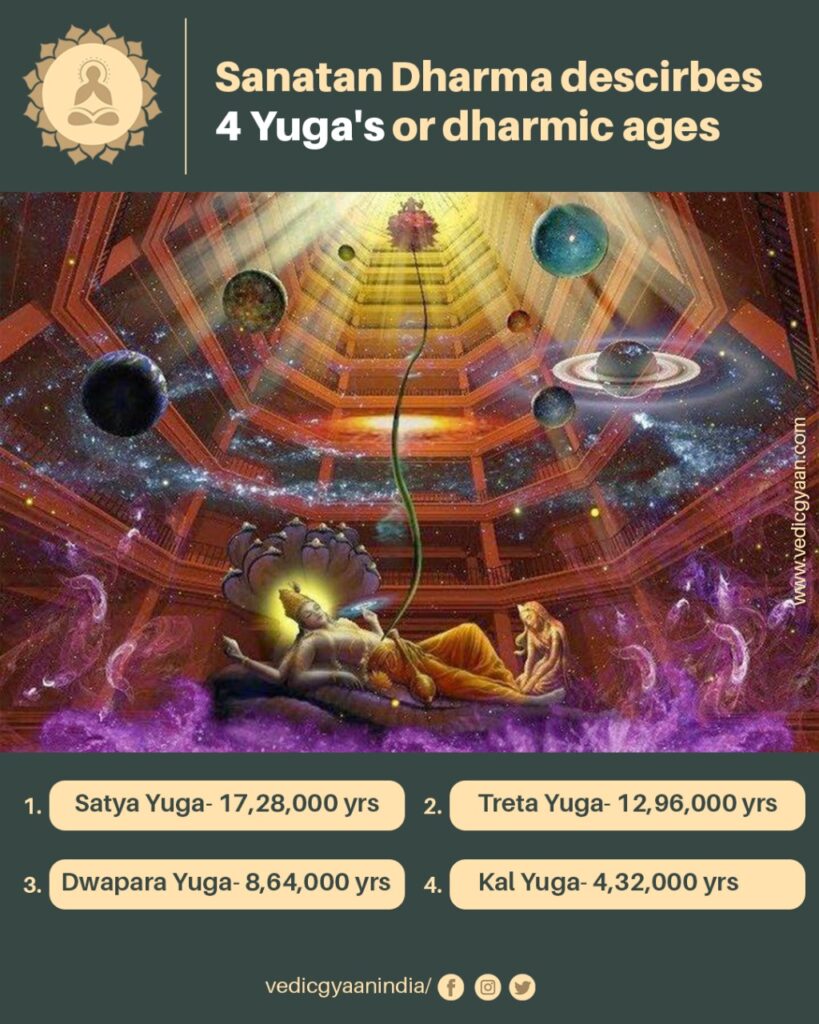Janam Diwas Sanskar or Birthday is an important sanskar in our Sanatan Dharma. The way we celebrate Ram Navmi (birth of Bhagwan Rama) and Krishna Janmashtami (birth of Bhagwan Krishna), we also celebrate our birthdays. Similarly to Krishna Janmashtami and Ram Navami, our birthday is auspicious too. But do you know that our birthday does not fall on the same date every year? However, we do celebrate our birthday on the same date. We follow Gregorian Calendar created in the 17th Century for our birthdays, whereas Ram Navmi and other auspicious Hindu occasions are calculated based on Hindu Tithis.

Importance of JANAM DIWAS
According to Hindu Dharma Shastras, a birthday is a vital tithi in a person’s life and holds great significance. Therefore, everyone should celebrate their birthday with joy and happiness. On this occasion, we suggest celebrating Janam Diwas Sanskar and performing a special yagya for the health and prosperity of the person. Celebrating a birthday on Hindu Tithi has spiritual benefits.
- Janam Diwas marks your birth as a human to achieve Moksha. And by performing special yagya, we thank the five elements of nature for our human form.
- On this day, our spiritual conscience gets deepened, and we are more likely to connect to god in the spiritual realm by performing karmic deeds.
- With rejoicing and celebrating according to Hinduism, we enhance our ability to imbibe Chaitanya or the divine consciousness. It is because we are more stable and sustained on our birthdays.
- Since we are spiritually powerful on birthdays, we should not consume non-veg, alcohol or anything else that may disturb the sattvic aura.
Celebrating JANAM DIWAS as per Tithi
- Our body gets associated with the physical realm by 5% and the spiritual realm by 95%
- Alignment of our subtle body with the sattvic aura resulting a reduction in the effects of Raj-Tamas gunas on the body
- When performing yagna charges and activates our Sushumnanadi. Further, if the prakriya (method) is correct, our body gets benefitted for the rest of the day with spiritual waves forming.
- Instead of an outward energy, we feel an inward channel of cosine waves.
- Vibrations produced at birth are valuable to the person to align with the universe.
Why is there a difference between Gregorian and Hindu Tithi Calendar?
- The Gregorian calendar works on the solar cycle. That is the Earth’s revolution around the sun. However, Hindu Tithis’s calendar works on the lunar cycle, where the moon’s revolution around the Earth is the basis of calculation.
- Also, a Gregorian calendar has 30 or 31 days per month in a year, whereas Hindu Calendar has only 28 days per month and adds an Adhik Mas after every 30 months to sustain the loss of additional days.
- The commencement of the new year in the Gregorian Calendar is on January 1, whereas for Hindu Tithis, it is the first day of Shukla Paksha in the month of Chaitra Mas.
Now that we know the difference between both calendars, we can understand how auspicious Hindu occasions occur on different dates. Further, celebrating birthdays based on Hindu Calendar holds spiritual importance and marks the auspiciousness of taking birth in human form. We don’t consider celebrating your birthday as per the Gregorian calendar as any fault, but let’s dive deep into our inner selves to add more value to each passing year.



